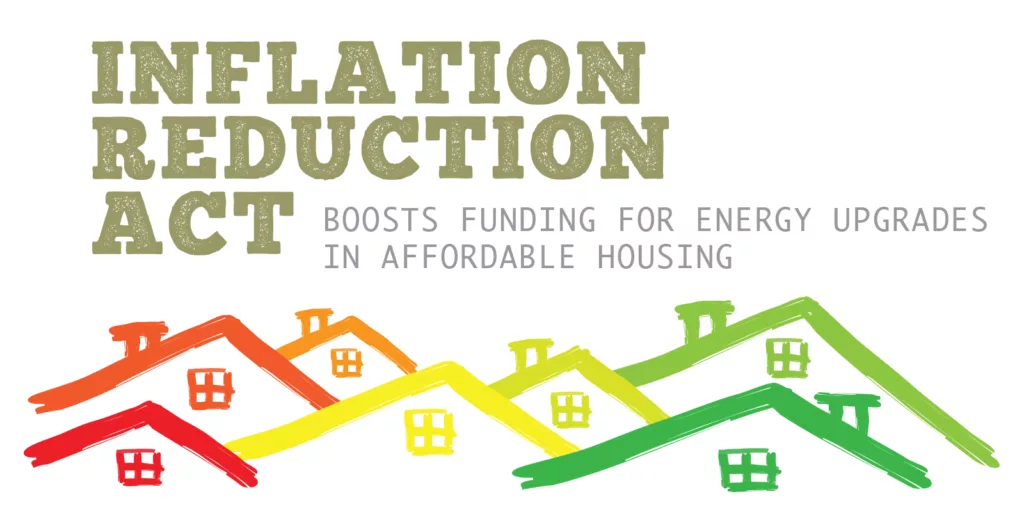WASHINGTON – June 25, 2019 – Legislators introduced a bipartisan bill, the Save Affordable Housing Act of 2019, which would significantly reduce the loss of thousands of Low-Income Housing Tax Credit (LIHTC) properties before the end of their affordability periods due to qualified contracts. The bill was introduced by Senators Ron Wyden (D-OR) and Todd Young (R-IN), with Senators Ben Cardin (D-MD) and Sherrod Brown (D-OH) as original co-sponsors. Representatives Joe Neguse (D-CO), Don Beyer (D-VA), and Jackie Walorski (R-IN) introduced similar legislation in the House of Representatives.
This crucial piece of legislation will make an adjustment to the Qualified Contract provision in Section 42 of the Internal Revenue Code. By eliminating the Qualified Contract provision, the Save Affordable Housing Act of 2019 would ensure that LIHTC properties remain affordable and fulfill the program’s goal of providing at least 30-years of affordability for low-income residents.
Under current law, LIHTC property owners who want to exit the LIHTC program may do so at any time after the 14th year of the 15-year compliance period using the Qualified Contract process. This process requires the State Housing Finance Agency to find a Qualified Buyer who will operate the property as a LIHTC property. If the housing agency is unable to find a Qualified Buyer – the property must be released of its affordability requirements. Recent analysisfrom the National Council of State Housing Agencies indicate as a result of this provision, nearly 50,000 affordable housing units have been lost from the LIHTC program since 2002. The problem has grown exponentially worse, with 18,000 units lost in 2017 alone.
The Save Affordable Housing Act of 2019 would eliminate the qualified contract option for properties receiving an allocation after January 1, 2019. The bill would also retroactively amend the statutory formula for existing LIHTC properties and base it on fair market value of the property as affordable housing. Under the legislation, owners of existing properties who have not waived their right to a qualified contract could still exercise that right, but a buyer could purchase the property at a fair price, leaving the affordability restrictions intact.
To stay up to date with more Affordable Housing news and developments, visit Tidwell Group.com.










